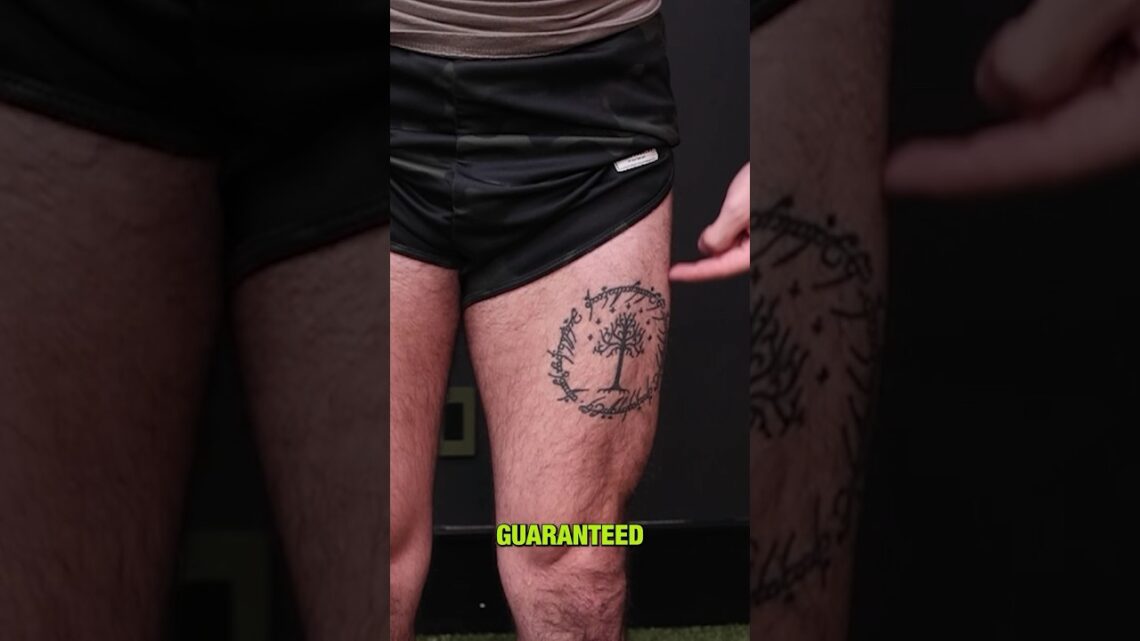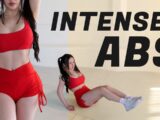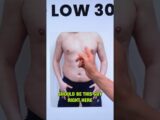
How to Build Big Legs WITHOUT Heavy Squats
January 3, 2025When it comes to building bigger legs, you have likely been taught that you should always squat heavy and go lighter on the accessory movements. If you have been doing this and your legs still aren’t growing, then I implore you to flip the script and change things up.
In fact, if you haven’t done light squats and high rep squats before, this is exactly rhetorical change that is bound to to spark the most gains by doing so.
Add a few 15, 20 or even 25 rep sets for squats into your leg training and you will see a huge difference in the size of your legs. On the other hand, instead of just doing light lunges and Bulgarian split squats, opt to train these leg exercises heavy for just the spark you need for more leg growth.
Even the legendary “King of Quads” Tom Platz would incorporate these light weight, high rep squat sets into his routine to help build the massive legs he showed on stage.
Take note, however, that even though the weight is lighter and the reps are higher, these sets are not easy by any means. In fact, they are downright grueling. Not only will your legs be taxed, but your lungs as well as you will be breathing hard by the 15th rep.
For more tips on building muscle, be sure to stay tuned to this channel and remember to subscribe so you never miss another video from a physical therapist with a pro sports background as a PT and strength coach.
You can subscribe to this channel here – http://bit.ly/2b0coMW
Get Your Workout & Meal Plan:
📝 https://www.athleanx.com
Connect With Me:
👉 https://www.instagram.com/athleanx
For complete step-by-step workout programs, head on over to athleanx.com and make sure to use the program selector to find the training plan that is best suited to your personal goals.
Jeff Cavaliere MSPT, CSCS served as both the head physical therapist and assistant strength coach for the New York Mets. Jeff earned his Masters of Physical Therapy and Bachelor’s of Physioneurobiology from the College of Health Sciences University of Connecticut Storrs. He is a certified Strength and Conditioning Specialist by the National Strength and Conditioning Association (NSCA).



